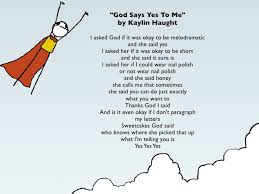On December 2nd, 2018, the 1st Sunday of Advent, Rev. Jenny Smith Walz preached a sermon titled “From Fear to Love” from the series ‘The Bethlehem Trek’. Her text is from Jeremiah 33:14-16, 1 Thessalonians 3:9-13 and Luke 21:25-36
To hear the sermon live, go to the Princeton United Methodist Church Facebook page
Also, the sermon will be podcast soon on this webpage under the category “worship”.

Have you ever wanted a reset button? To reinvent the world or some part of it? To go back and correct a mistake or to choose a different path?
Advent is for YOU!
● New Year in our Christian calendar
● church gives time before Christmas to get ready, make room in our hearts.
● already and not yet
● History, mystery, majesty
● remember first coming, look ahead to the second
● with longing and need and lament and hope
● tension between the nostalgia of our beloved Christmas memories and all of the magic, warmth, and beauty of the season, and our real need to cry out in need because our world is broken and we are too, and there is a gap between the kin-dom (what we long for and the promise we seek) and now.
We are vision-challenged –
● we are often complacent and despondent at worst, afraid to dream of what might be. We tell ourselves, “it’s ok. We’ll make do.”
● At best we often dream in muted tones, smaller ways, afraid to ask for what we really need, what our souls most long for. Advent is our opportunity to dream and vision, to see the gap, to hear our longing.
All three passages are dreaming of and longing for the Kin-dom
● Jeremiah – in the midst of exile and dismantling of his nation. Weeping for his people. Everything has been cut off. There’s just this one thread of hope, of promise. David – highly flawed – still the best he could remember. For Jeremiah, the most hopeful, promising thing was to envision a shot from the family tree of David / Jesse
● Luke – a transformative chain of events was launched at the announcement of the coming of the infant, God-incarnate, the strangeness and peculiarity of which can be proclaimed only with the help of this frightening apocalyptic imagery.
● Thessalonians – oldest book in NT. Paul’s 1st church plant. Can you imagine? No common practice or theology. Maybe not common morality even. Dared to envision a new, beloved, Christ-community. Audacious, daring, Hard, courageous work.
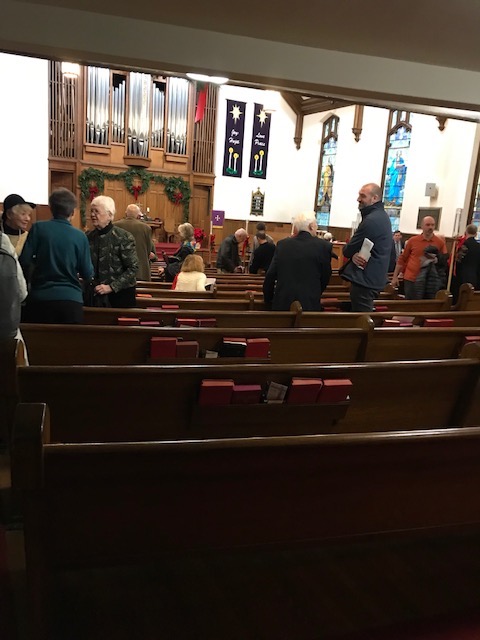
People of God, followers of Christ – we do things differently. In the face of fear and turmoil:
● we move toward it, calm and anchored
● we pray – root in God, which opens us to be able to
● love one another, which results in
● joy
There is so much that could be said about loving the world, but I have a specific, immediate challenge and vision for us:
Do we, here at PUMC deeply love one another?
● Not a corrective – openness, desire, affection, deep seeds of love. Already on the path. In the already, but not yet. Love Live On group. The Philippians group. Members Caring for Members project.
● Move from supportive and enjoyable to co-operative and deeply loving.
● Do we care for one another with the same passion with which God loves us?
● As we serve the community, outreach – do we love them as God loves us?
● Fear stands in our way
○ vulnerability
○ conflict
○ disagreement
○ beyond niceness
○ honesty
○ hard conversations
○ their concerns become ours
○ show up

 November 25, 2018, Rev. Jenny Smith Walz preached a sermon titled “Freedom Lives Here” from the series ‘God’s Home’. Her text from
November 25, 2018, Rev. Jenny Smith Walz preached a sermon titled “Freedom Lives Here” from the series ‘God’s Home’. Her text from 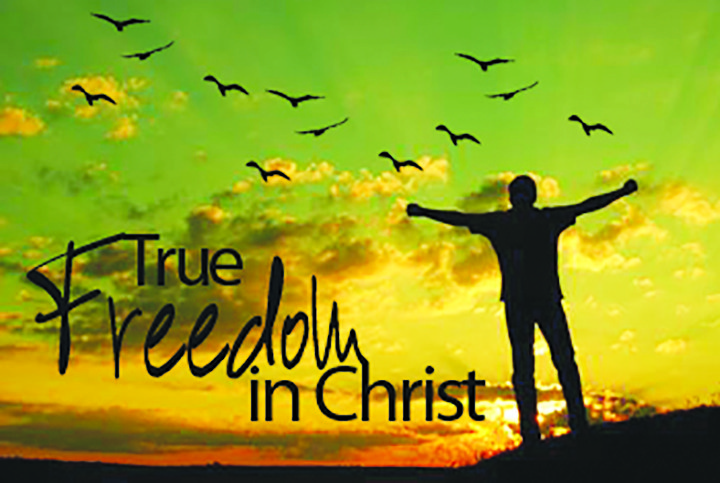
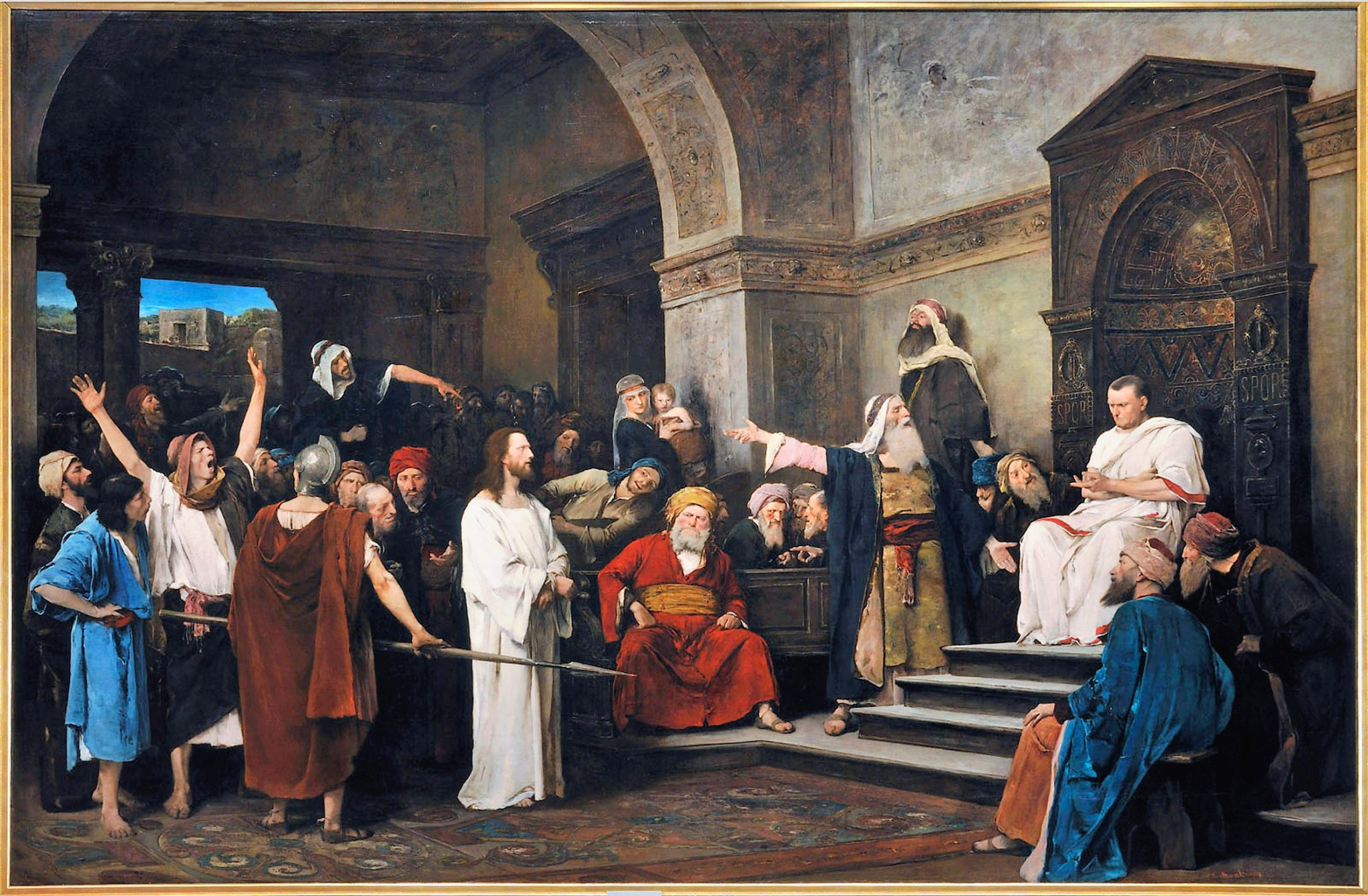
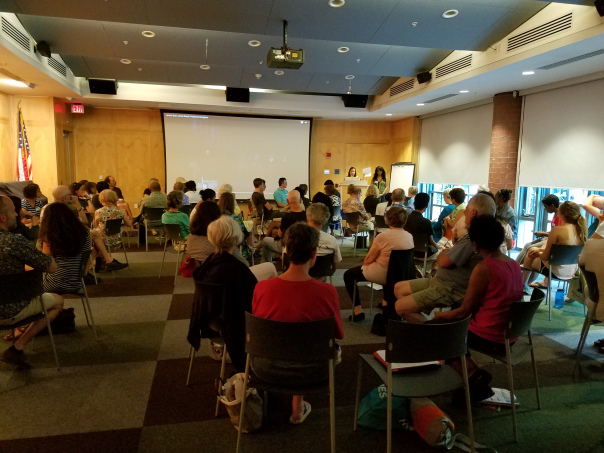
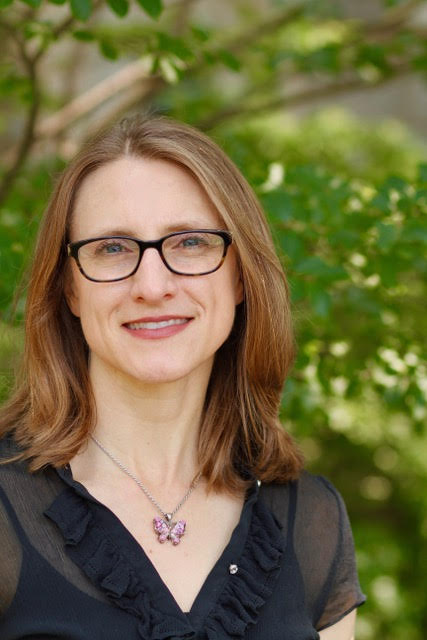
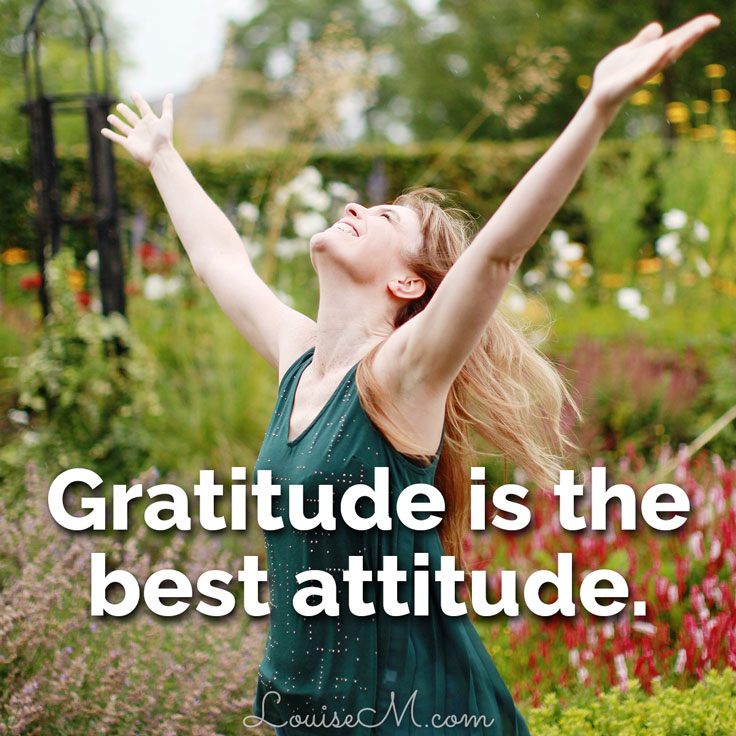

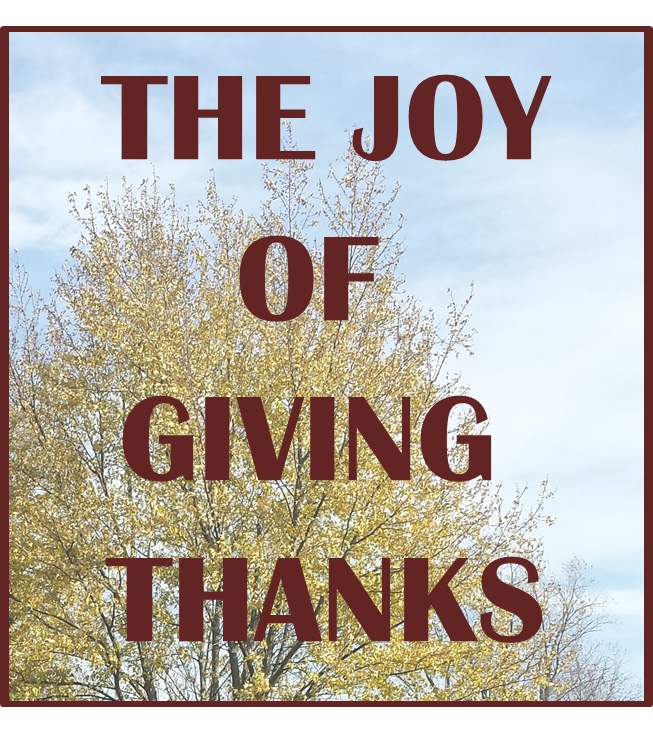
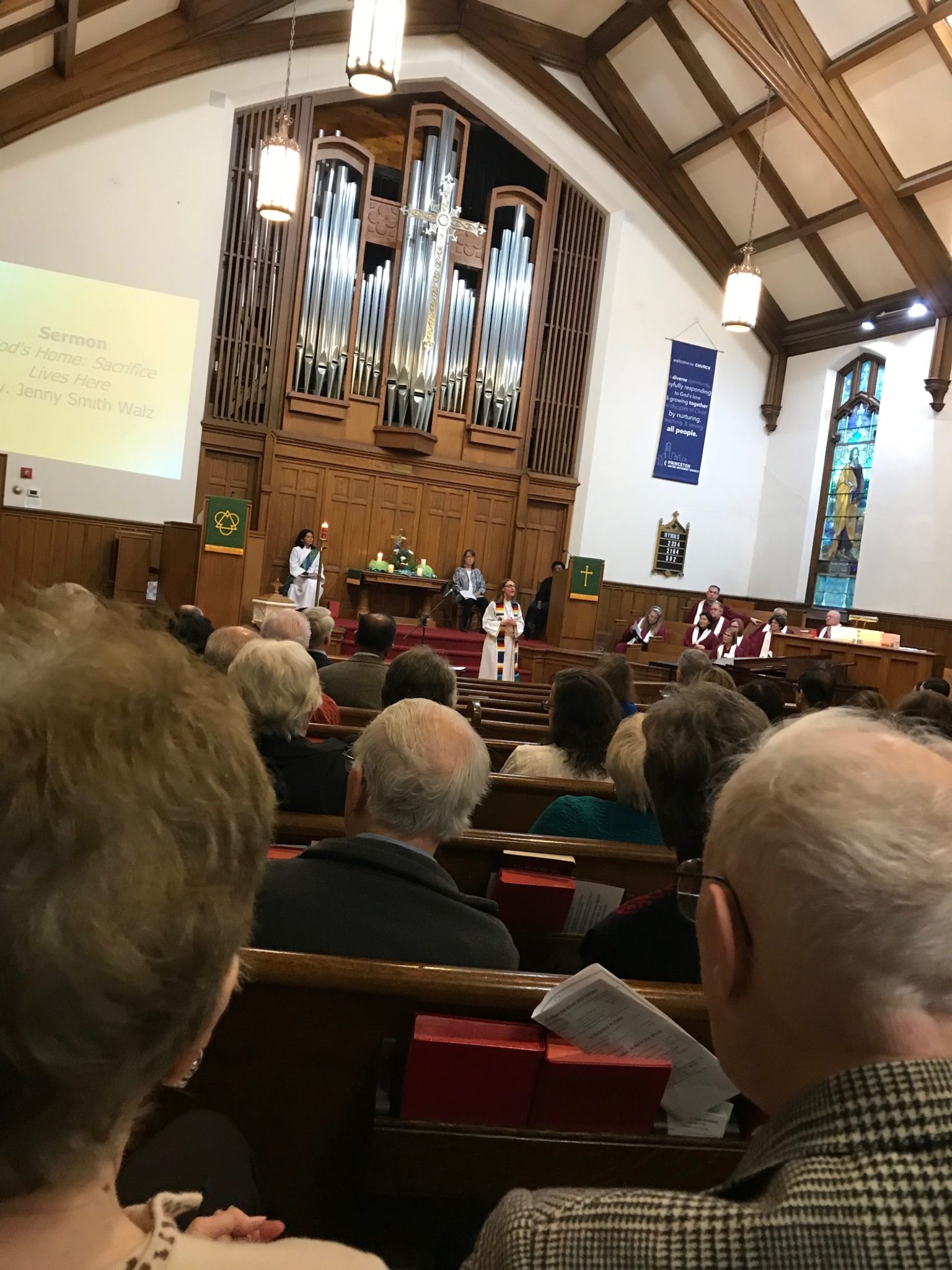
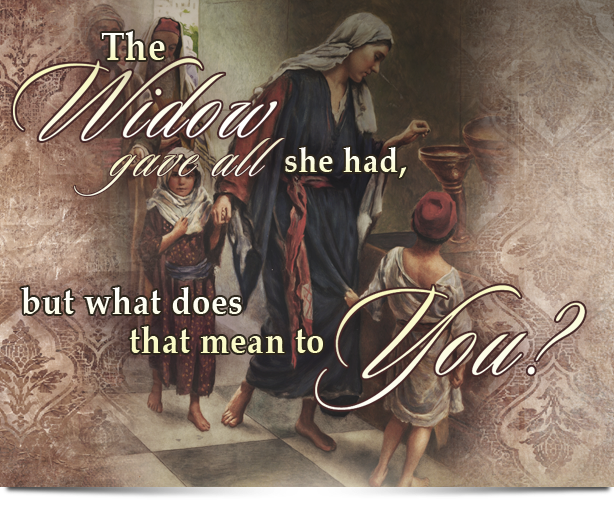
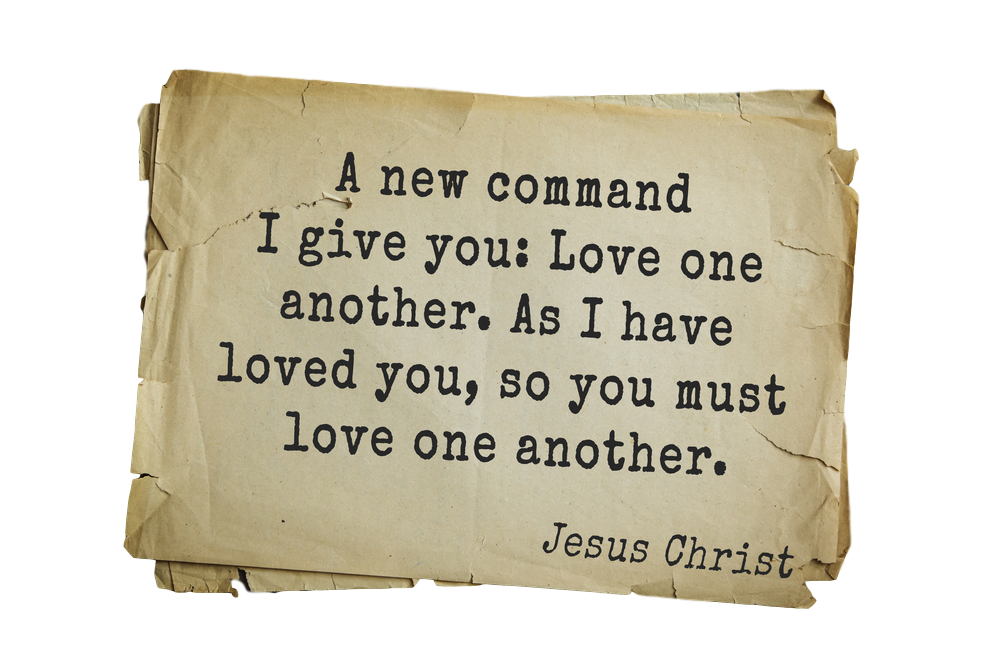
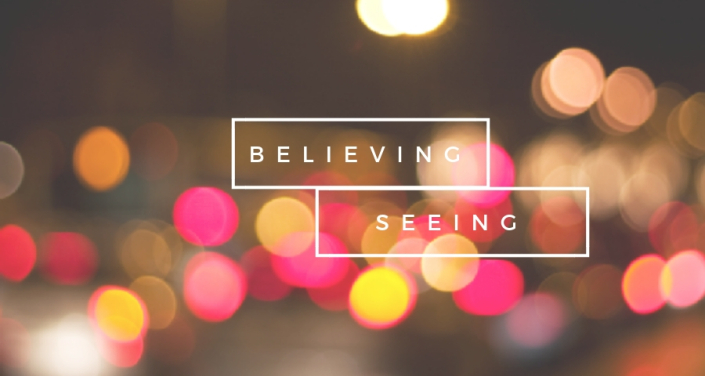
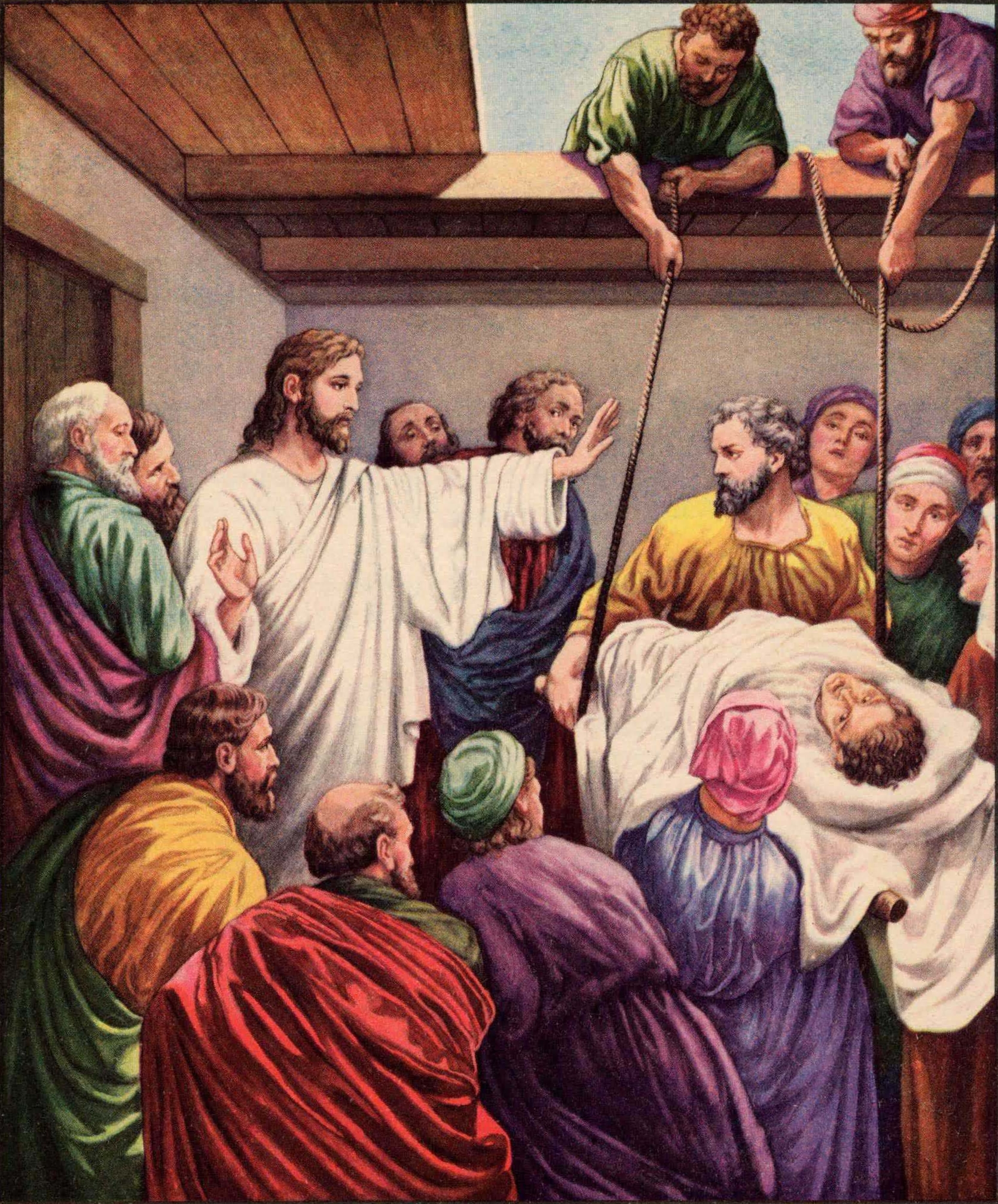
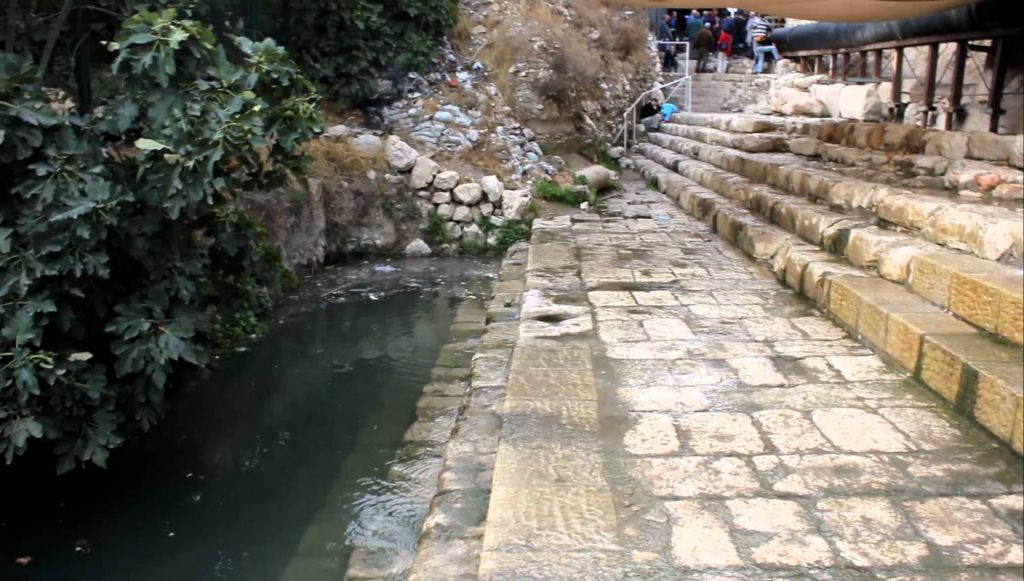
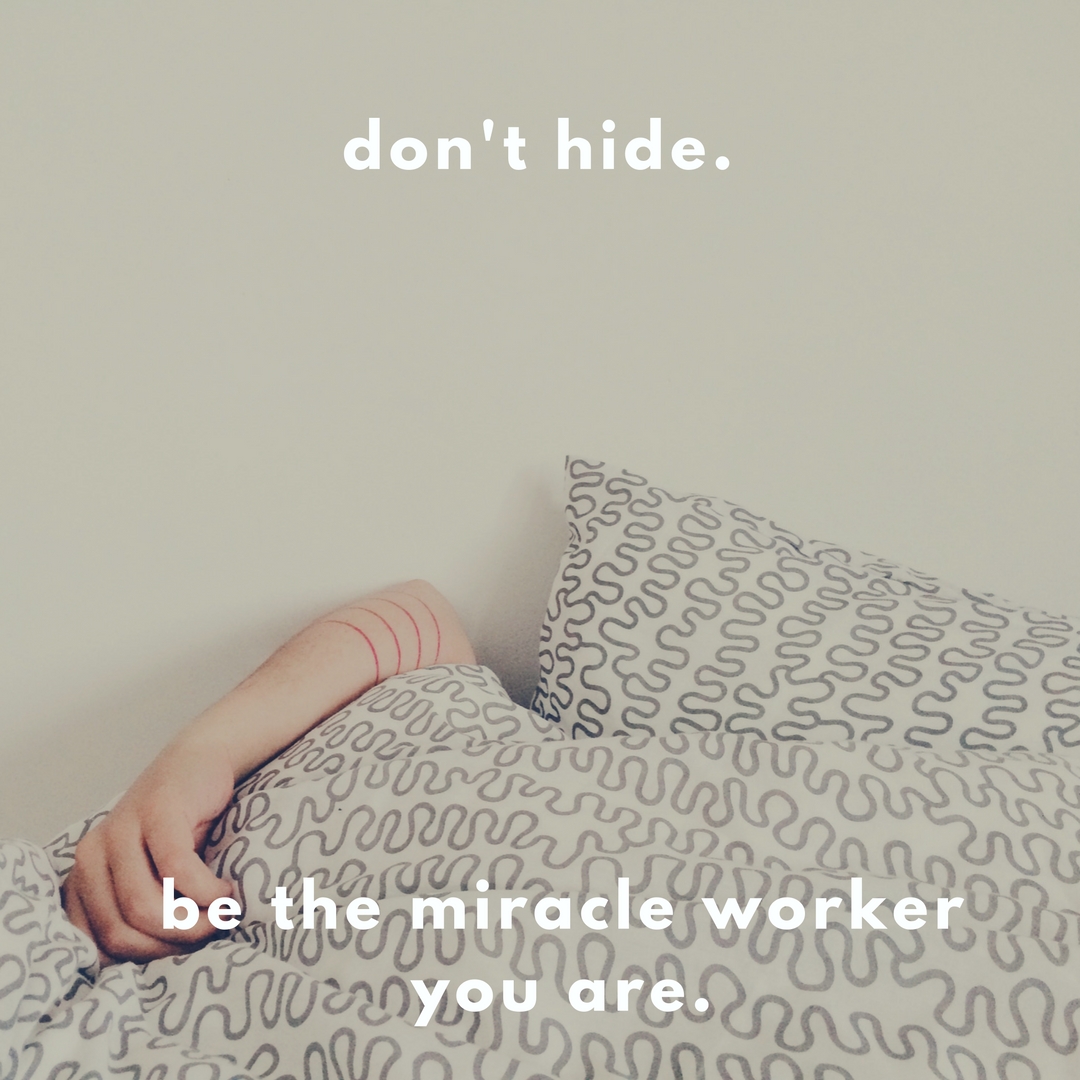
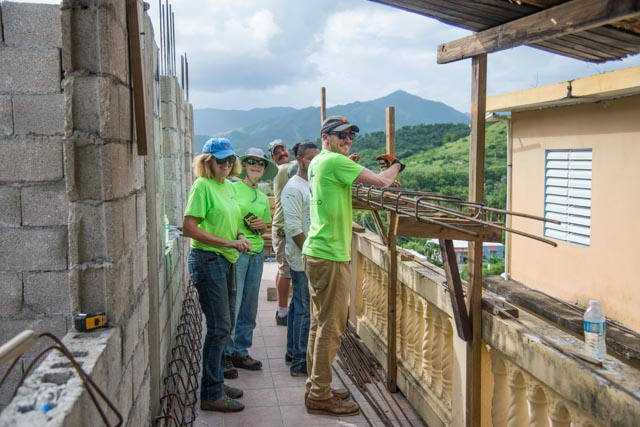
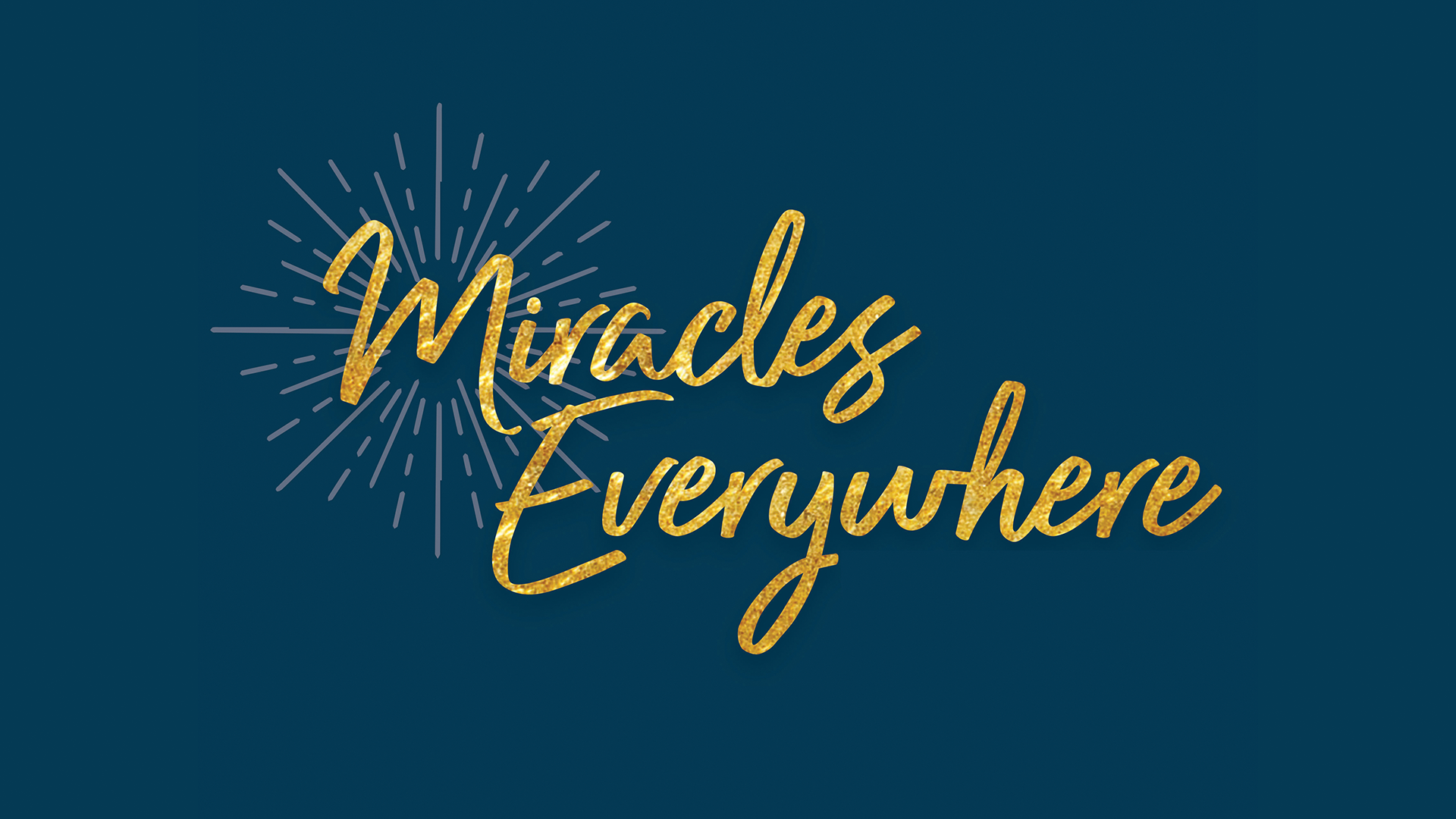
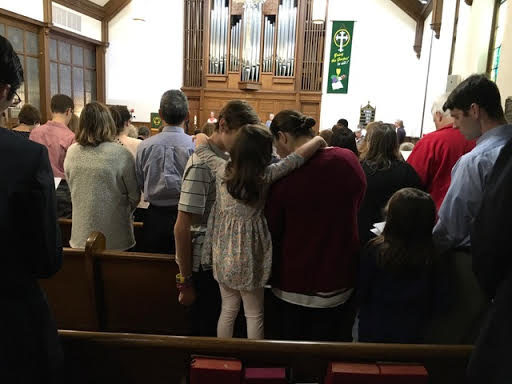
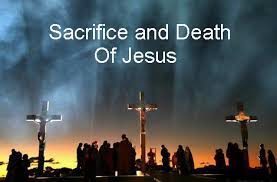
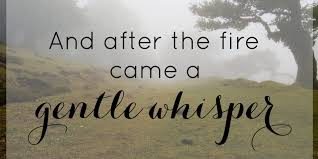
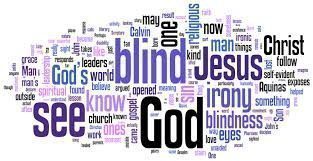
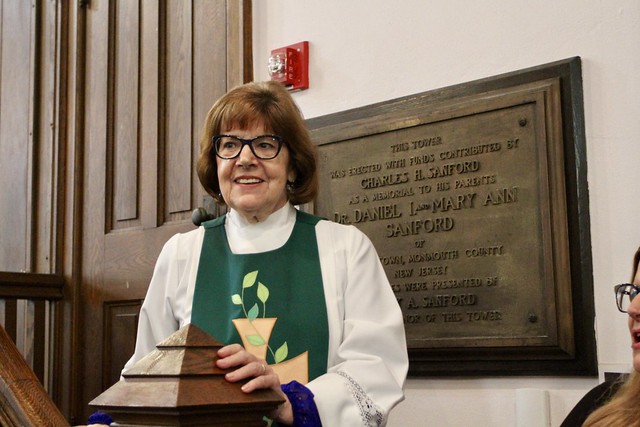
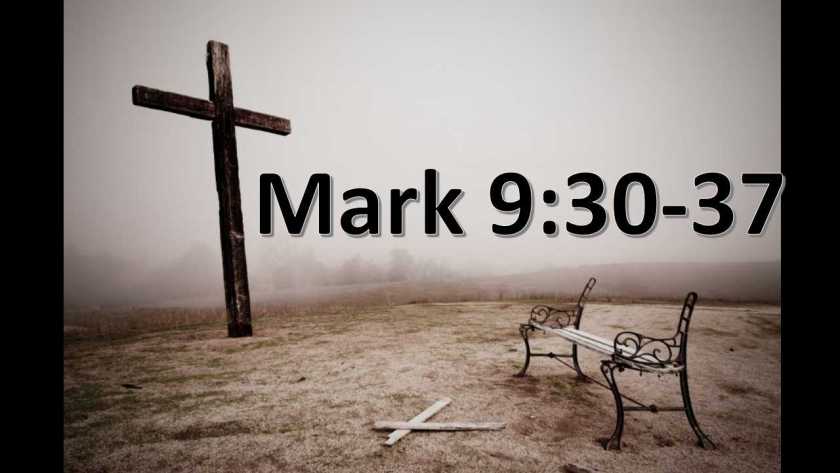
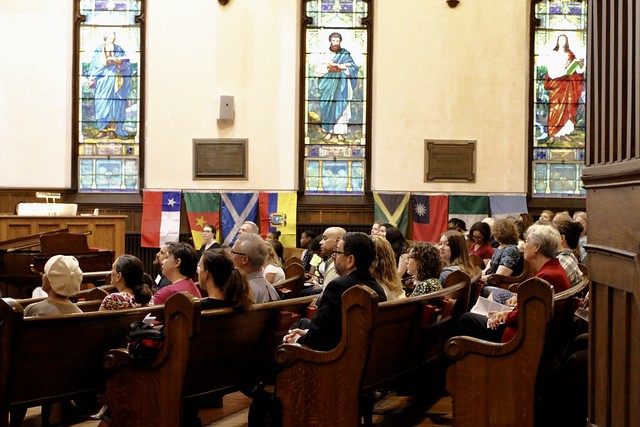
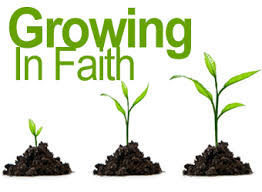
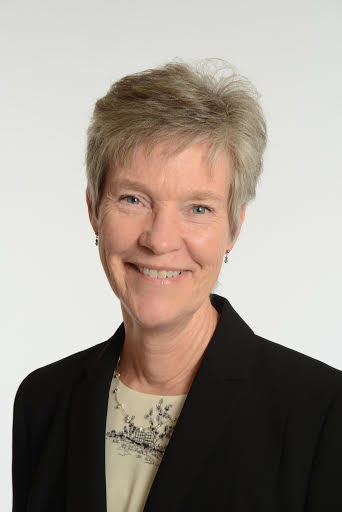
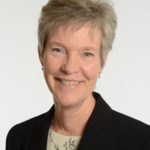
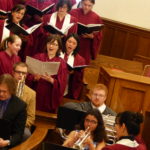
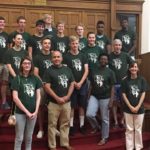


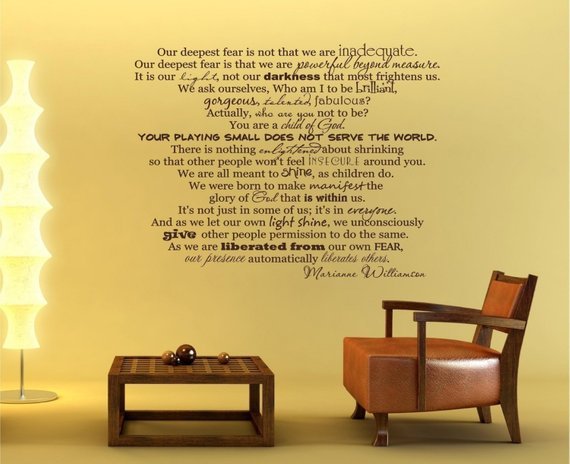
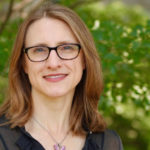 Rev. Jenny Smith Walz preached on September 2, 2018 in the sermon series “Swing Forward”, on the topic ‘Growing Pains’.
Rev. Jenny Smith Walz preached on September 2, 2018 in the sermon series “Swing Forward”, on the topic ‘Growing Pains’.
